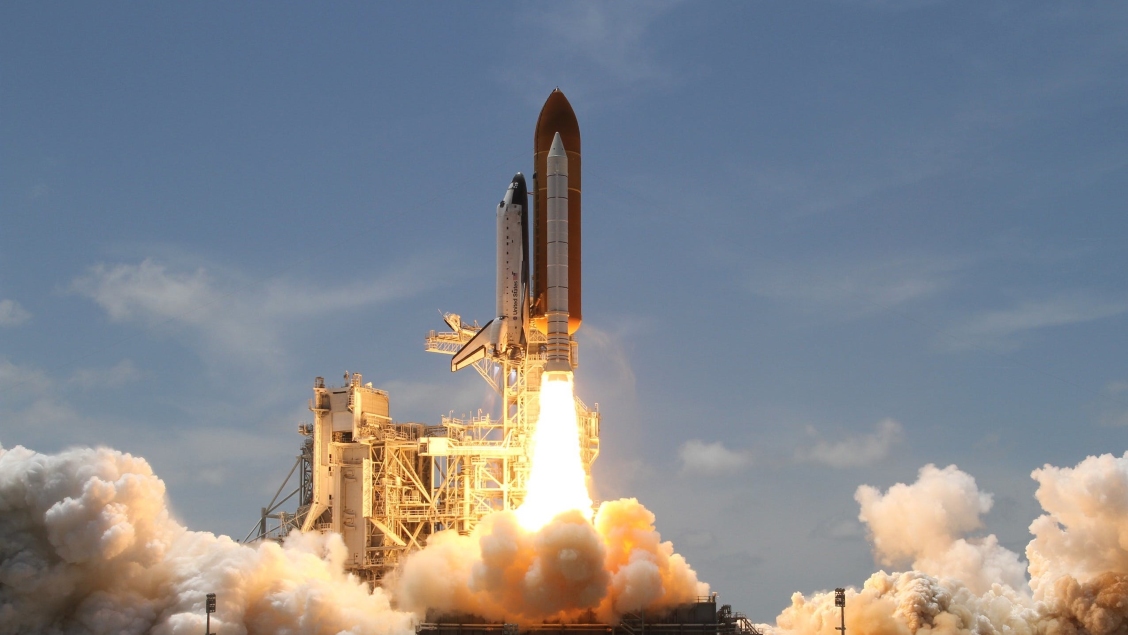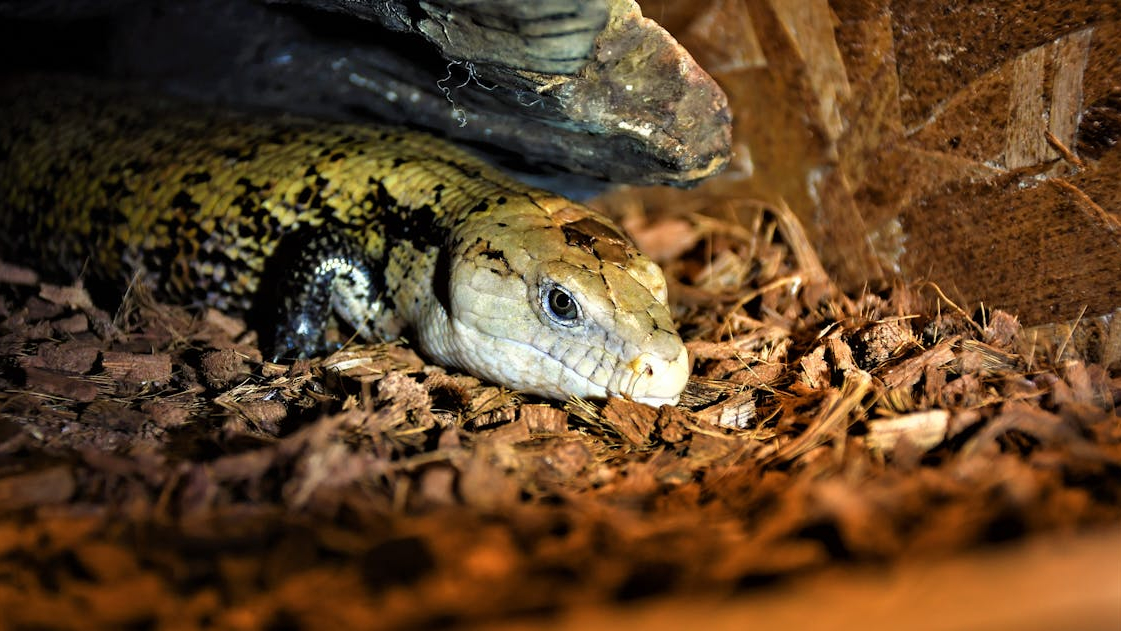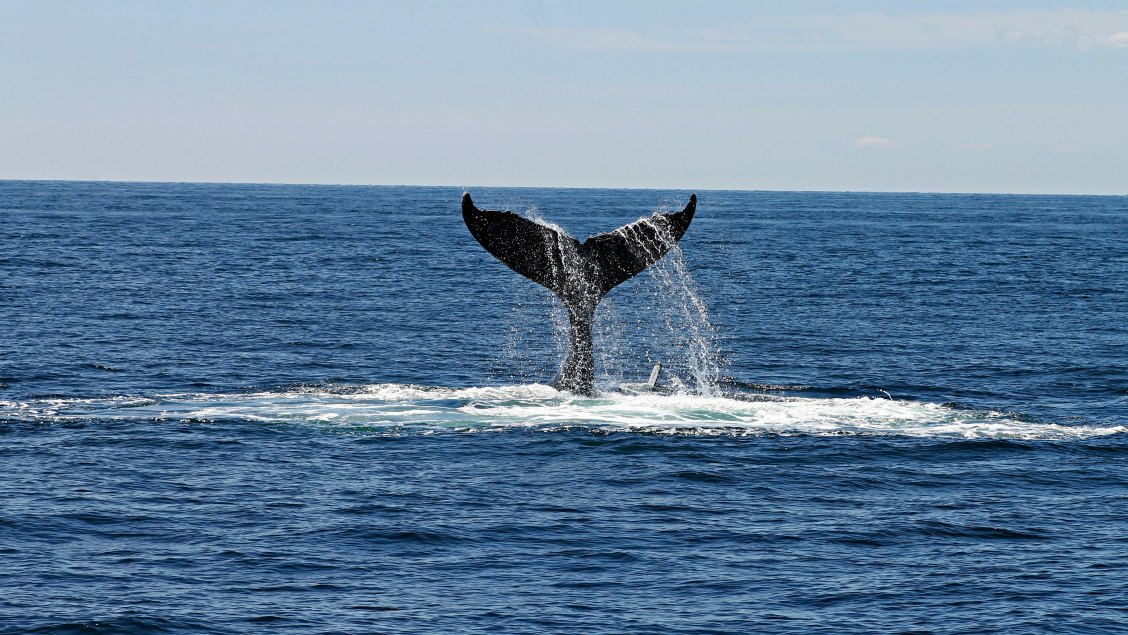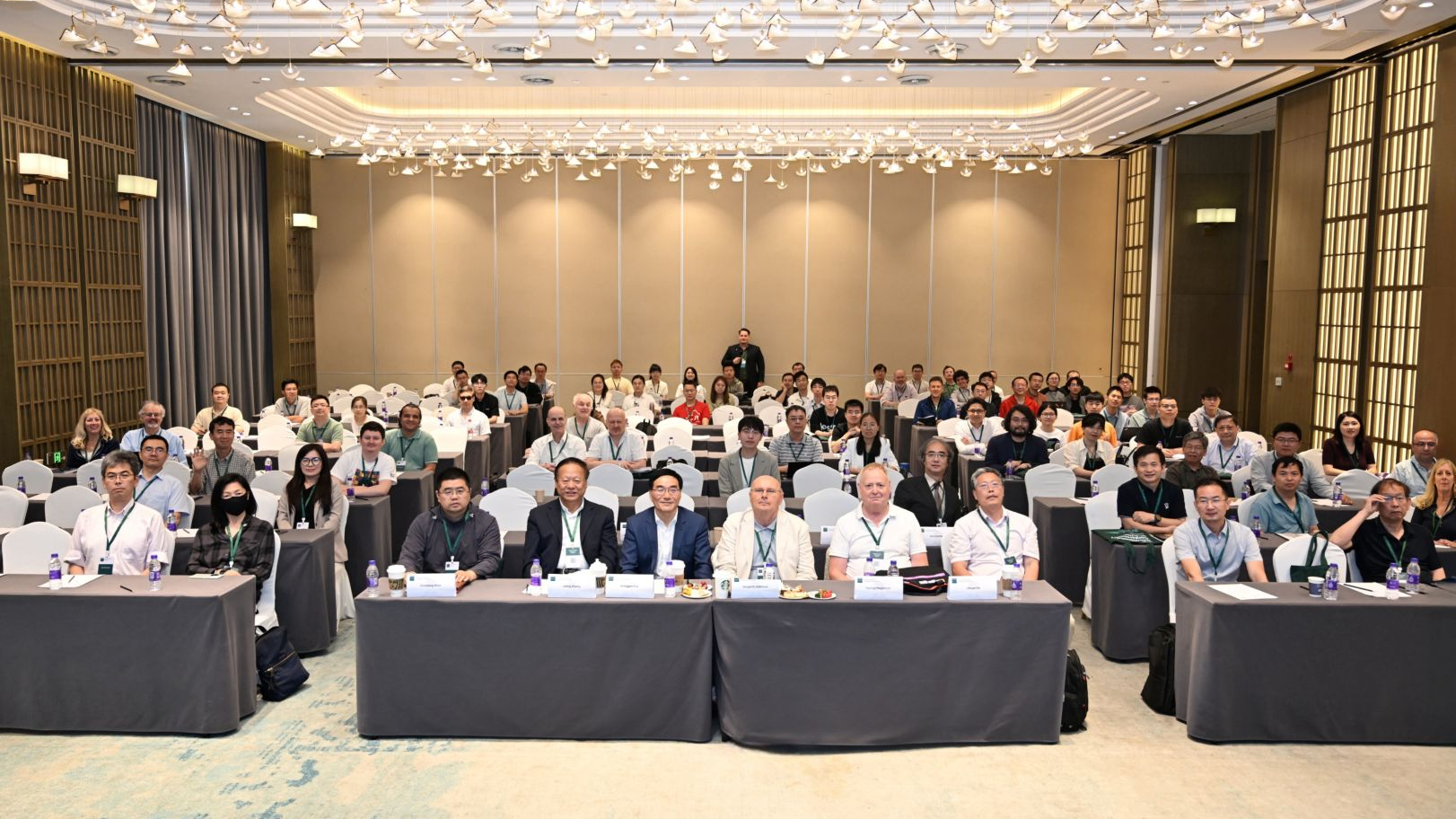
International Day of Human Space Flight
On April 12th 1961, cosmonaut Yuri Gagarin became the first human to travel to outer space. Sixty years later the final frontier seems closer than it ever has. It seems a small number, given the progress that we have made since Gagarin set off in Vostok 1. However, it is a testament to the challenges of even maintaining human life in the most hostile environment in existence. On the International Day of Human Space Flight, MDPI would like to acknowledge those who push the boundaries. Also, the countless others who work to take the small steps behind our most giant of leaps.
The people who go to space
The astrophysicists, biologists, chemists, geologists and many more who work to enable human space flight face tasks which are stranger, more complex and vastly more difficult than any you see in science fiction for one simple reason—their solutions have to work, for real. They are in the business of infinity; when it is your job to think of every eventuality in a place that is too large to comprehend, there will always be another problem to solve.
In January 2021, an article describing Real-Time Culture-Independent Microbial Profiling Onboard the International Space Station Using Nanopore Sequencing was published in Genes, paving the way for longer space flights with their sights trained on manned missions to Mars.
Human space flight and the moon
Marcin Kaczmarzyk and Michał Musiał published a Parametric Study of Lunar Base Power Systems in Energies in February 2021. The article highlights the intrinsic constraints of any mission incorporating space flight—making the technology light enough to get there in the first place.
Despite sixty years and countless hours of progress, human space flight is still in its infancy and there is literally infinitely far to go. If the concepts and challenges of space travel aren’t already too awesome to understand, that which we have yet to discover promises to be even more incredible. Keep an eye on the Special Issues Galaxies Observation and Theoretical Features in Galaxies and New Space: Advances in Space Science and Engineering in Aerospace to learn what there is left out there to explore and how we’re going to do it.
Surely, Yuri Gagarin took off in Vostok 1 he did not anticipate that we would one day be doing PCRs in space. Or, that NASA’s Perseverance Rover would be tweeting from the surface of Mars. On this day, MDPI would like to thank all of the astronauts and scientists all over (and above) the world doing amazing things in the name of space exploration.










